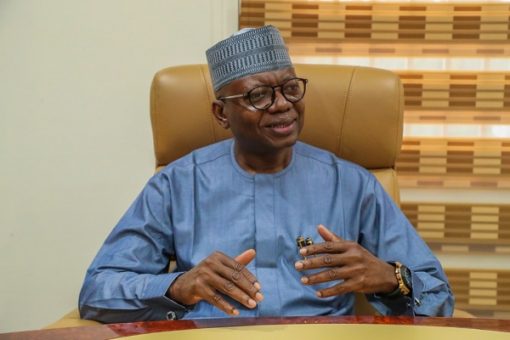At the Oxford Africa Governance Forum, Nigeria’s Senate Finance Chairman, Senator Sani Musa, presented a data-backed argument to international investors, framing the country not as a risk to be managed, but as the pivotal solution to Africa’s chronic investment gap.
Speaking at the EU-Africa Dialogue on Financing, Senator Musa challenged the prevailing narrative, urging a strategic pivot from aid and debt to equity and partnership. He highlighted the stark disparity between Africa’s 17% share of the global population and its meager sub-6% receipt of global capital flows, declaring, “That must change.”
The senator positioned Nigeria’s ongoing economic reforms under President Tinubu as the necessary groundwork for smart capital. “Every reform comes with pain, but we are turning the corner,” he stated, pointing to concrete indicators of stability such as easing inflation, a strengthening Naira, and the rollout of major infrastructure projects as evidence of restored market confidence.
He identified three core sectors—agriculture, solid minerals, and infrastructure—as “gold mines waiting for smart partnerships,” underpinning this with the compelling statistic that over 60% of Nigeria’s arable land remains untapped, representing vast, unrealized potential.
Directly addressing concerns over fiscal health, Senator Musa provided assurances of transparency, clarifying that all national borrowing is meticulously planned within the Medium-Term Expenditure Framework. “Nothing is arbitrary. Borrowings are properly planned, debated, and monitored,” he affirmed, positioning the Senate’s role as a crucial layer of fiscal oversight.
The consolidated message to the global financial community was clear: Nigeria has undertaken the difficult reforms and offers the demographic scale to deliver superior returns. The call is for investors to recognize that the corner has been turned and to engage with Nigeria’s economy through the lens of strategic equity, not passive aid.

